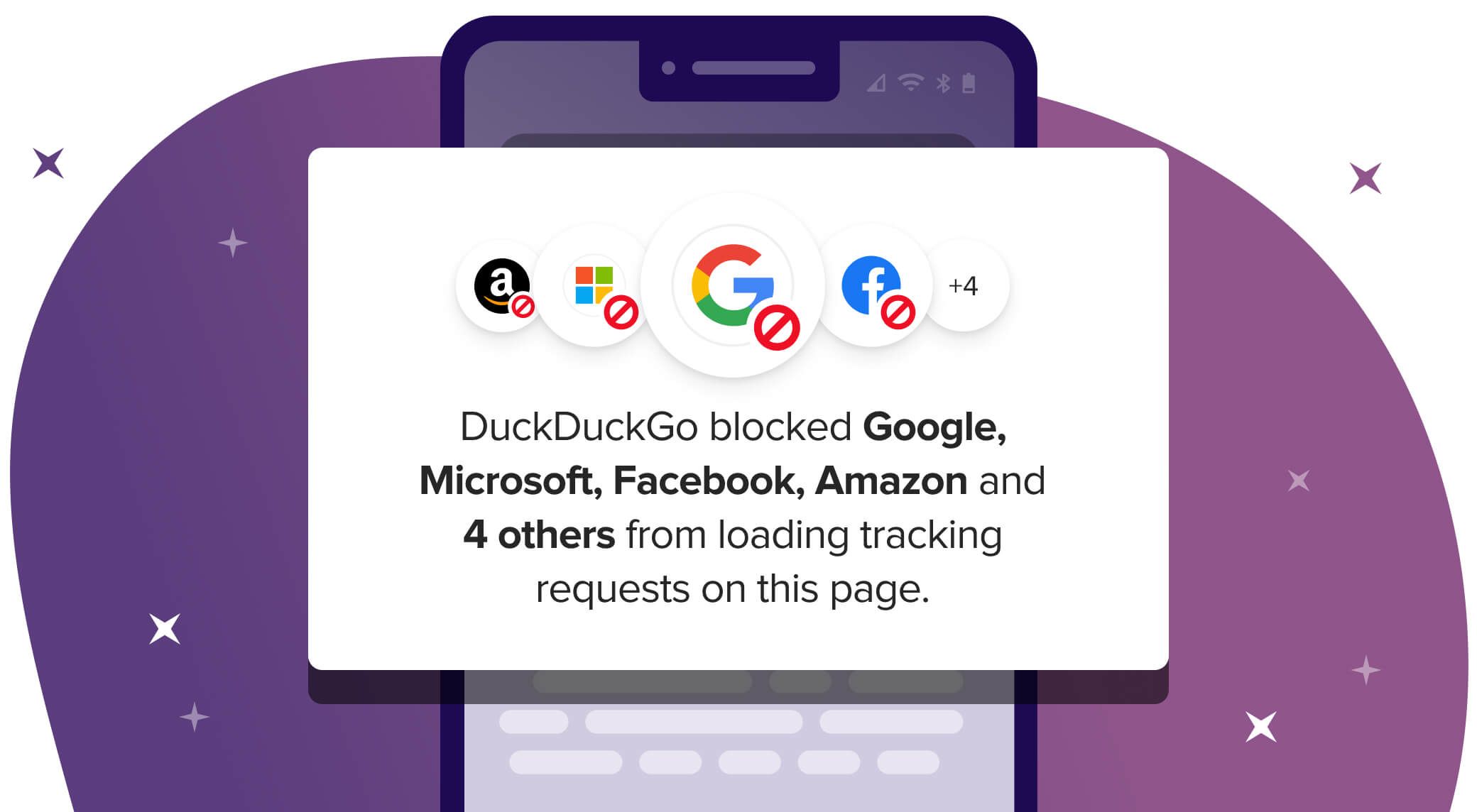Some trackers will still be allowed through to measure ad conversions
DuckDuckGo is making good on a promise to correct a major faux pas on its mission to further privacy on the web. Back in May, researchers caught the company allowing Microsoft’s ad and analytics trackers through its mobile browsers and desktop browser extensions while blocking others. It was an act of hypocrisy, but also one of necessity: DuckDuckGo signed on Microsoft as its primary supplier of results for its search engine and one of the stipulations in their contract required the passthrough of trackers from Bing and LinkedIn in DuckDuckGo products. It appears now, though, that the contract has changed. A lot more has, too.
The company says on its corporate blog (via BleepingComputer) that its Tracker Radar is no longer prohibited from blocking Microsoft’s tracking scripts. While they will be blocked in most cases, users who click on Microsoft-served ads through a DuckDuckGo product will see some trackers originating from bat.bing.com. Microsoft says it uses the data to tally conversions from clicks to product purchases and that it doesn’t build user profiles, dumping the data in 7 days. DuckDuckGo also continues to say that it does not include Microsoft tracking scripts in its products, a condition that has always been in place.
There’s no reasonable expectation of complete privacy when someone browses the web, so the company is also taking the opportunity to announce that it has updated the Privacy Dashboard feature on its browsers and extensions to include logs for which third-party tracker requests were approved and denied and for what reasons, if any apply. The company is also making a list of its blocked trackers (including the latest ones from the 21 URLs that originate with Microsoft) public through a GitHub repository and that it will shortly open up the code to generate a blocklist for Tracker Radar.
Furthermore, it has opened up a new section in its Help pages that lists which trackers are getting blocked for which product — split between the browser apps for Android, iOS/iPadOS, and Mac, and the extensions for Chrome, Edge, Firefox, Opera , and Safari. Different products get different blocking support due to differences in their operating system’s framework.
In the future, DuckDuckGo hopes to implement an ad conversion tracking protocol that will keep data sharing to an absolute minimum while still giving marketers the core information they need.

